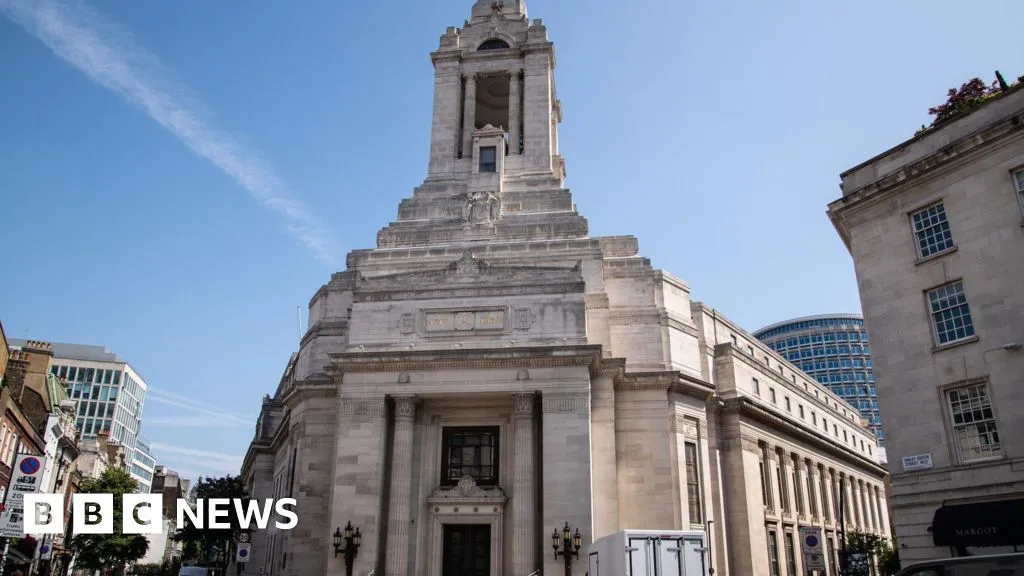Officers in the Metropolitan Police could soon be made to tell bosses if they are part of the Freemasons.
The UK's largest force has started a consultation on adding the group to its declarable associations policy.
Freemasons take an oath of loyalty to the fraternity's principles and to supporting fellow members.
The Met does not currently collect information about how many officers are Masons and has never banned them from joining. But Scotland Yard said concerns had been raised by officers and staff about the impact that membership of such a group could be having on "investigations, promotions and misconduct".
Existing examples of declarable associations set out in the policy include people with criminal convictions, those dismissed from policing, and lawful professions such as private investigation or journalism.
Officers and staff already have to declare any association with an individual or group that might compromise their integrity or damage the reputation of the force.
The move was recommended by the Daniel Morgan Independent Panel report - a probe into the force's handling of the unsolved 1987 murder case of private detective Daniel Morgan.
The 37-year-old father of two was killed with an axe in the car park of the Golden Lion pub in Sydenham, south-east London, in 1987.
A string of inquiries over the decades unearthed allegations of corruption.
The 2021 report said police officers' membership of the Freemasons had been "a source of recurring suspicion and mistrust in the investigations".
London mayor Sir Sadiq Khan, who is responsible for setting the strategic direction of policing in London, has previously ruled out a compulsory register of Freemasonry in the Met, saying it could go against officers' human rights.
Met Commander Simon Messinger said: "We are now consulting on a proposal to add to that list involvement in Freemasonry - and potentially other organisations that could call impartiality into question or give rise to conflict of loyalties - and are keen to hear the views of our officers and staff."
He said officers would not be prevented from joining the Freemasons or similar organisations but they will need to tell their superiors.
"Strengthening the trust both our own staff and London's communities have in the Met is a core part of our New Met for London plan and ambitions," he added.
Senior officers will be discussing the proposed policy change with the United Grand Lodge of England, the headquarters of Freemasonry in England and Wales.
The Met said it now has one of the strongest entry vetting policies in UK policing and refusal rates have more than doubled from 5% in 2020-21 to 11% in 23-24.
Freemasonry is a centuries-old fraternal organisation with about six million members worldwide, including more than 200,000 in England and Wales.
Its roots lie in the medieval stonemasons' guilds, and members still meet in "lodges" to carry out secretive initiation rituals and ceremonies based on allegories such as the building of King Solomon's Temple.
Traditionally male-only, women-only lodges have existed in the UK since the early 20th Century, though the two remain separate.
Freemasons wear symbolic aprons and progress through degrees of membership, with the phrase "giving someone the third degree" originating from its final stage of initiation.
The group presents itself as focused on fellowship, moral development and charity, and is among the UK's biggest charitable donors.
Famous past members have included Winston Churchill, Arthur Conan Doyle and Oscar Wilde.
